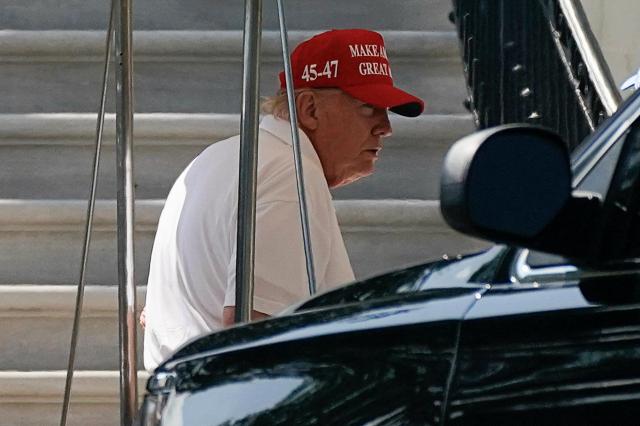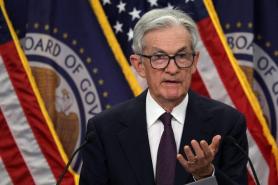
The central bank’s New York office said that U.S. trade exposure has grown significantly since the 1930s, when the Smoot-Hawley Tariff Act exacerbated the Great Depression by sharply raising duties on imported goods. Today’s globalized economy, the bank cautioned, renders the United States far more vulnerable to reciprocal tariffs.
“If countries around the world retaliate against U.S. tariff increases, the United States is likely to become the biggest victim,” the report stated.
The analysis underscores a disparity in trade dependencies among major economies.
U.S. exports account for about 7 percent of the nation’s gross domestic product, compared with 2.9 percent for China and 3.1 percent for the European Union. That suggests Washington is more exposed to retaliatory measures than Beijing or Brussels, despite its role as the aggressor in recent trade disputes.
Drawing on projections from the International Monetary Fund, the report estimates that a 25-percentage-point hike in average U.S. tariffs — similar to those floated by the Trump administration — could slash American real exports by 19 to 28 percent over the next decade. By contrast, EU exports would shrink by as little as 0 percent and at most 1.1 percent; Chinese exports would fall between 5 and 7 percent.
The pain would not stop at exports. The U.S. economy could see its real GDP contract by up to 1.3 percent, the report warned, surpassing potential declines of 1.1 percent in China and 0.6 percent in the EU.
Still, the BOK noted a paradox: despite the ominous trade outlook, financial markets have largely shrugged off the risks. Stock indexes that dipped following tariff announcements in April have since rebounded to record highs, reflecting investor expectations that the eventual tariffs may be softer than initially feared.
Yet the central bank cautioned that volatility could return swiftly if trade negotiations falter or economic momentum weakens later in the year.
“Uncertainty surrounding trade policy remains a key risk to financial markets,” the report said, adding that asset prices may face abrupt corrections if talks collapse or growth slows unexpectedly.
Copyright ⓒ Aju Press All rights reserved.




